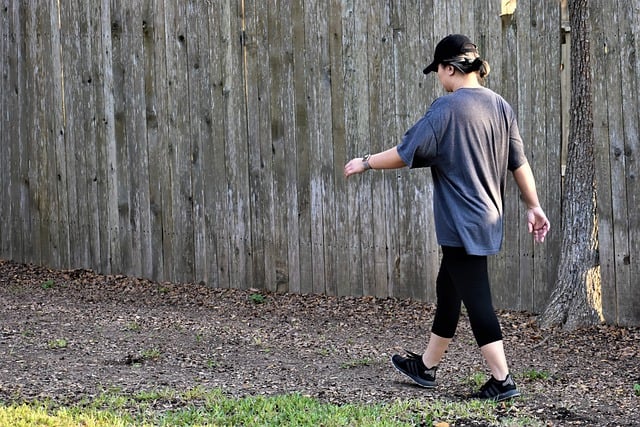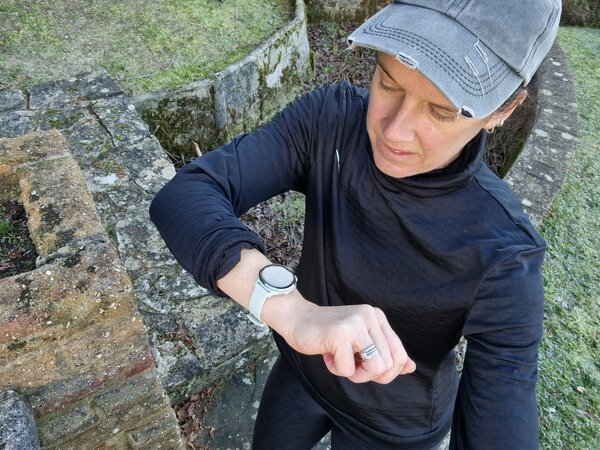Starting any new routine can be nerve-racking, but starting a new exercise routine can be especially daunting with so many different sources and opinions out there. Nonetheless, we know that exercise is an essential part of maintaining wellness – it can help you lose body fat, and improve joint health, circulation, sleep, blood pressure, and mood. This article will act as an easy guide to getting started with a new walking exercise routine.
Always check with your primary care physician before beginning any new exercise routine.
Where To Start
Setting your fitness goals before starting your new routine will motivate you to stay on track, and help you feel a sense of accomplishment when you meet them. Make sure your goal is realistic when you’re first starting.
UC Berkeley recommends beginning by walking briskly at a pace of about 3 to 3.5 miles per hour for 10 minutes per day for the first three weeks. Gradually increase by 5 minutes each week to reach a total of 30 minutes per day. Your goal in this scenario should be to walk at this brisk pace for 30 minutes per day, six days per week.
Walking Techniques
Utilizing the proper techniques while starting your walking exercise routine is essential to ensure you’re getting an effective workout and minimizing the risk of injury. Here are a few more tips from UC Berkely about walking techniques:
- Posture – Keep your shoulders back and relaxed, and your chin in a neutral position.
- Foot Placement – Keep your feet in front of you, like following lines on a track or in a parking lot.
- Stride Length – There are a few ways to figure out your stride length and resources can be found online. When walking, always keep one foot on the ground. Your heel should strike the ground first, then roll onto the ball of your foot, and finish with a strong push off of the toes. Repeat these steps until you can do them in one smooth, fluid motion.
- Arm Swing – Bend your arms at the elbows and swing them in time with your steps. This will help you get more benefit from your exercise, burning an additional 5-10% of the calories.
Work In Your Walk Throughout The Day
If you don’t have time for a 30-minute walk outside, you can find other times throughout your day to get your walk in. During your lunch break, take 30 minutes to walk around your work complex, or even in the halls. If the weather outside isn’t nice, you could plan to walk around a local mall as well. Think of other places you frequent, like the coffee shop or grocery store, and consider walking if they’re nearby.
Safety Tips
Besides proper form and technique, there are a few other precautions you can take to ensure your safety while walking. Proper footwear is arguably the most important article of clothing you can have. Good walking shoes provide airflow with breathable material and have decent padding and flexibility for the heel-to-toe area. Your other clothes should be loose, comfortable, and breathable. If you will be walking outside, check the weather beforehand and dress accordingly. Walk on designated trails and sidewalks. Take caution when crossing busy streets as pedestrian accidents are on the rise throughout the US. In 2021, the city of Spokane, Washington saw 127 such accidents resulting in 8 deaths. Stay aware of your surroundings and obey all traffic signals.
The most important part of any waking exercise routine is sticking with it – follow these steps and you’re sure to be able to stick to yours!



